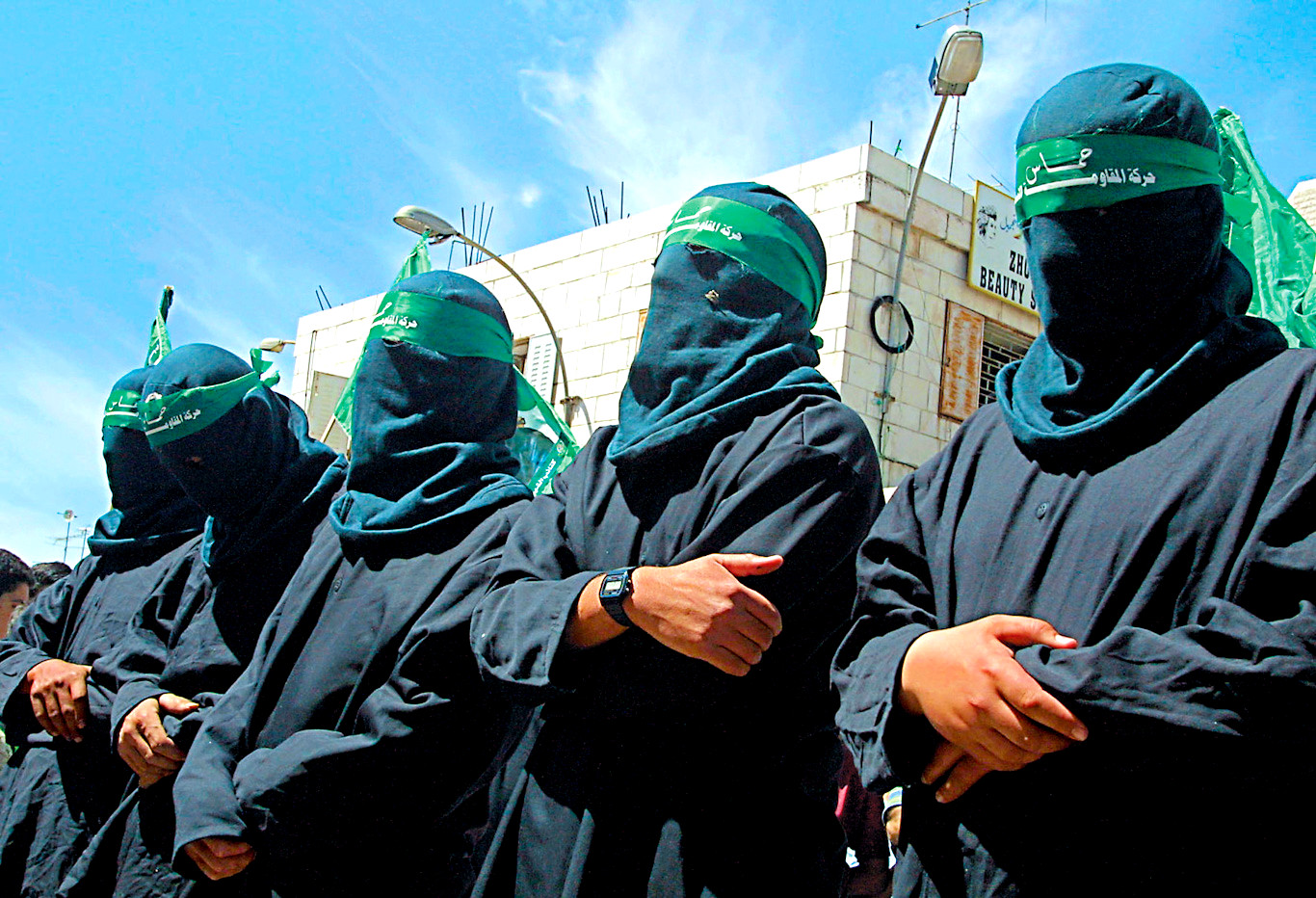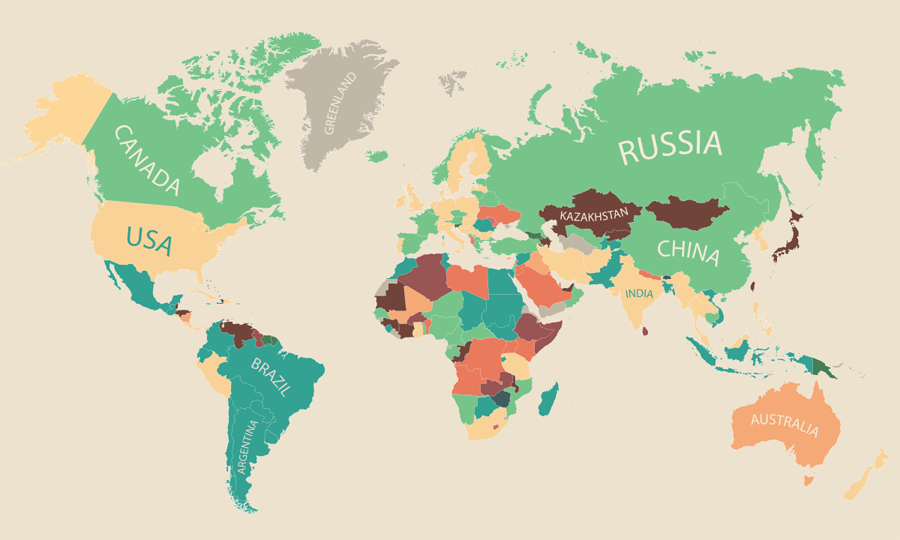Forgotten birthday
Quietly, very quietly, one could say (or hum after Turnau) our parliamentarians are celebrating the 5th anniversary of the adoption of the amendment to the law on the National Remembrance Institute. According to its authors, this amendment was supposed to counteract the falsification of Polish history by introducing a new provision in Art. 55 of the Law with the following content:
“Anyone who publicly and contrary to the facts attributes to the Polish nation or the Polish state responsibility or co-responsibility for crimes committed by the German Third Reich or other crimes against humanity, peace and war crimes – will be punishable by a fine or imprisonment for up to three years.The same penalty of fine or imprisonment is provided “grossly diminishing the responsibility of the real perpetrators of these crimes”.
In Article 55b of the law, it was added that the penal provisions shall apply to a Polish citizen and to a foreigner – “regardless of the laws in force in the place where the act was committed”.
These provisions were introduced following the widespread circulation in Western media of the phrase “Polish death camps” and accusations of complicity by Poles in the planned murder of Jews during World War II. The passing five years is actually the tour’s first anniversary, so this silence can be a little confusing, especially since the act itself has provoked a lively and raucous response not only in the Polish media but also in the world. Let us add the resonance which lasts several months. But let’s leave the reactions of foreign politicians and the media to this law and recall the very circumstances of its adoption.
The “National Remembrance Institute Amendment Act” (let’s call it that for short) was a draft GOVERNMENT – which deserves to be underlined today. The bill was submitted to the Sejm in the summer of 2016, and its first reading took place in early October, and in October it defended itself against MPs Nowoczesna (who were the only ones in favor of its rejection at the time ), but the case only gained momentum in early 2018.
It may be a coincidence, it may not be, but the issue of ‘changing the law on the Institute of National Remembrance’ gained momentum just after Mr Morawiecki was appointed prime minister of the government Polish (11.12.2017 – let’s remember). In 2 days, on January 25 and 25, 2018, the second and third readings of the law took place, as well as the vote on its adoption on January 26. 414 deputies took part in the vote, 279 voted for the bill, 5 deputies opposed the act, 130 deputies abstained (these were mainly PO deputies and Nowoczesna – 129). They voted for the bill ALL current deputies of the PiS (225), Kukiz15 (27), PSL (11) and independent deputies (6). 2 deputies from Nowoczesna and 3 deputies from the UED were against – it is a “party” composed of the stars of Polish parliamentarianism: J. Protasiewicz, S. Niesiołowski and M. Kamiński (in case someone does not remember would not remember). JThe inter-party unity of the opinions of parliamentarians deserves to be recalled because it is not frequent.
Then, on January 29, the law was submitted to the President and the President of the Senate. During its session of February 1, the Senate did not introduce any amendments and on February 2, 2018, the act was submitted to the President for signature. On February 6, the President signed the act and, justifying his signature, said:
Invalid patch
However, the law amended 5 years ago introduced one more amendment, which should be remembered especially in the current circumstances. Five years ago, the legislator decided to complete the catalog of crimes committed against persons of Polish nationality or Polish citizens, the public denial of which would be punishable by 3 years in prison. The category of “Nazi” crimes previously mentioned in the law (yes, yes, the law, amended so many times, mentions Nazi crimes, not “German”) and “Communist” crimes, has been supplemented by the category “crimes of Ukrainian nationalists and members of Ukrainian formations collaborating with the German Third Reich“. But of particular interest was the JUSTIFICATION of the amendment introduced and adopted at that time. We learn from it, among other things, that (quote):
“The contemporary Ukrainian state (…) pursues a policy of glorification of the perpetrators of genocide in the eastern border regions of the Second Polish Republic (…). The ideology of nationalism dominates all spheres of social and public life in Ukraine:
– the glorification of criminal nationalist formations is one of the priorities of education and education policy in Ukraine at all levels of education, from kindergarten to higher education.






